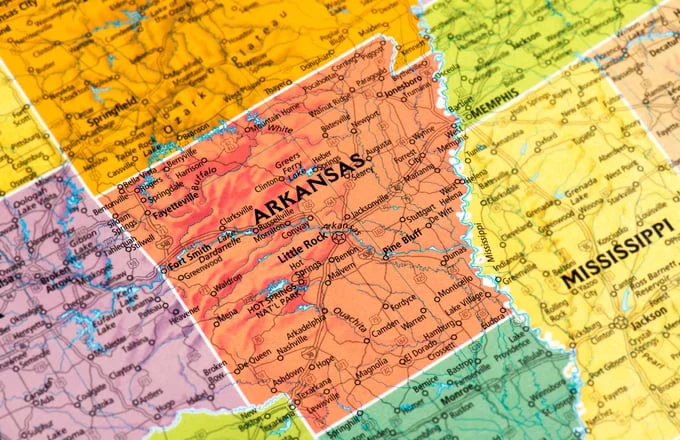When we think about the history of land ownership and settlement in the United States, it’s easy to get lost in the sweeping tales of pioneers and homesteaders. However, buried within the archives of history lies a fascinating and often overlooked aspect of American land history – land patents. In this blog post, we’ll delve into the intriguing world of land patents, focusing on their significance and impact in the state of Arkansas.
What is a Land Patent?
A land patent is a legal document that grants ownership of a piece of land from the government to an individual or entity. These documents date back to a time when vast expanses of land were being opened up for settlement and development. Arkansas, like many other states, has a rich history of land patents that tell the story of its growth and transformation.
The Historical Context
To understand the importance of land patents in Arkansas, we need to step back in time. The Louisiana Purchase of 1803 opened up vast territories west of the Mississippi River to American settlement. Arkansas, which was originally part of the Louisiana Territory, became a significant focal point for land acquisition. As the nation expanded, the government sought ways to encourage settlement and development of these newly acquired lands.
The Impact on Arkansas
Land patents played a crucial role in the development of Arkansas. They allowed individuals and families to claim land, establish farms, and build communities. The Homestead Act of 1862, for example, offered 160 acres of public land to settlers who met certain conditions, further spurring settlement in the state.
Types of Land Patents
There were various types of land patents issued in Arkansas:
1. Cash Entry Patents: These patents were obtained by individuals who purchased the land directly from the government.
2. Homestead Patents: As mentioned earlier, the Homestead Act allowed settlers to claim land if they met residency and improvement requirements.
3. Preemption Patents: These were granted to settlers who had previously improved and lived on the land before it was offered for sale.
The Legacy of Land Patents
The land patents issued in Arkansas have left a lasting legacy. They helped shape the state’s geography, determining where towns, farms, and communities would flourish. The ownership records contained within these patents provide valuable genealogical and historical insights for researchers and families tracing their roots in Arkansas.
Conclusion
Land patents may seem like dusty relics of the past, but they are vital to understanding the history of land ownership and settlement in Arkansas, as well as the broader American story of westward expansion. These documents offer a fascinating glimpse into the challenges and opportunities faced by early settlers and pioneers. As we explore the rich history of Arkansas, let’s not forget the role that land patents played in shaping the state we know today.
Kiblah, the only black-owned community built on federal land patents in the state of Arkansas, holds a unique and vital place in the narrative of land ownership and African American heritage in the region. Its captivating history beckons us to explore and embrace its legacy. The Kiblah Community Renewal & Historical Foundation stands as a beacon of hope, striving to reconnect descendants with their ancestral roots and preserve the town’s heritage. To embark on this extraordinary journey of rediscovery and preservation, we invite you to reach out to The Kiblah Community Renewal & Historical Foundation at (702) 542-2229. Together, let’s weave a new story and pay homage to the proud legacy of Kiblah, ensuring that its historical significance continues to shine brightly in the heart of Arkansas.



